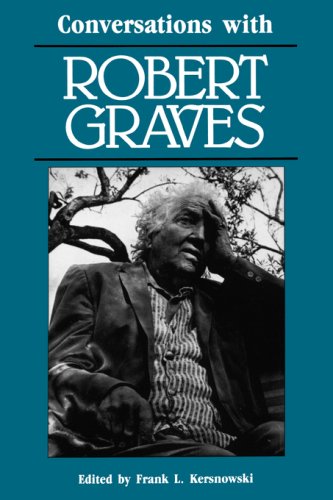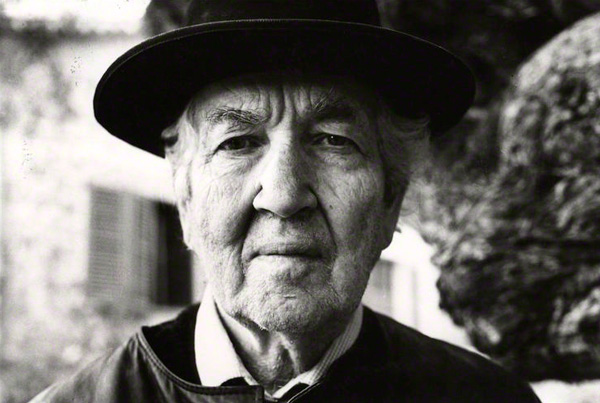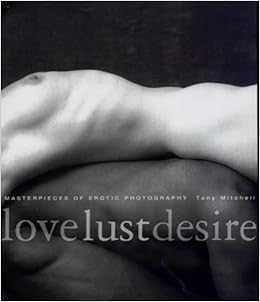Compendium Of Pax Posts: "The Seven Deadly Sins"
Robert Graves on Love and Lust
by Maria Popova
“Love is really a recognition of truth, a recognition of another person’s integrity and truth.”
 Poet, novelist, mythologist, essayist, and translator Robert Graves (July 24, 1895–December 7, 1985) is among the most influential artists of the past century — a piercing mind carried on the wings of a thoroughly free spirit, an unflinching idealist with a certain Mad Hatter quality to his genius. Jorge Luis Borges called him “a soul above.” Virginia Woolf mistook him for a tabloid reporter or a nosy fan and nearly chased him out when he showed up on her door step, “a bolt eyed blue shirted shockheaded hatless man in a blue overcoat.”
Poet, novelist, mythologist, essayist, and translator Robert Graves (July 24, 1895–December 7, 1985) is among the most influential artists of the past century — a piercing mind carried on the wings of a thoroughly free spirit, an unflinching idealist with a certain Mad Hatter quality to his genius. Jorge Luis Borges called him “a soul above.” Virginia Woolf mistook him for a tabloid reporter or a nosy fan and nearly chased him out when he showed up on her door step, “a bolt eyed blue shirted shockheaded hatless man in a blue overcoat.”
In 1963, Graves sat down with Italian actress, photojournalist and sculptor Gina Lollobrigida — one the most prominent European actresses of the era and an international sex symbol — for an invigorating conversation, later included in the wholly rewarding anthologyConversations with Robert Graves (public library). Although they discussed a wide range of subjects — from poetry to gender to the evils of commercialism in literature — the conversation somehow kept circling back to love, the subject of much of Graves’s poetry.

Robert Graves by Peter Stark (National Portrait Gallery)
Nearly half a century after he penned his magnificent “Advice to Lovers,” Graves adds to history’s greatest definitions of love and tells Lollobrigida:
Love and honor. They are the two great things, and now they’re dimmed and blighted. Today, love is just sex and sentimentality. Love is really a recognition of truth, a recognition of another person’s integrity and truth in a way that is compatible with — that makes both of you light up when you recognize the quality in the other. That’s what love is. It’s a recognition of singularity… And love is giving and giving and giving … not looking for any return. Until you do that, you can’t love.
This crucial difference between love and lust preoccupied Graves in much of his poetry, nowhere more so than in one of his early poems from the 1919 volumeThe Treasure Box, written when Graves was in his early twenties and later included in the indispensable posthumous tome Robert Graves: The Complete Poems (public library):
THE KISSAre you shaken, are you stirred
By a whisper of love,
Spellbound to a word
Does Time cease to move,
Till her calm grey eye
Expands to a sky
And the clouds of her hair
Like storms go by?Then the lips that you have kissed
Turn to frost and fire,
And a white-steaming mist
Obscures desire:
So back to their birth
Fade water, air, earth,
And the First Power moves
Over void and dearth.Is that Love? no, but Death,
A passion, a shout,
The deep in-breath,
The breath roaring out,
And once that is flown,
You must lie alone,
Without hope, without life,
Poor flesh, sad bone.
Complement with Rilke on love, Adrienne Rich on how relationships refine our truths, and E.B. White and James Thurber on how to tell love from passion, then revisit Graves’s little-known and immeasurably lovely collaboration with Maurice Sendak.

No comments:
Post a Comment